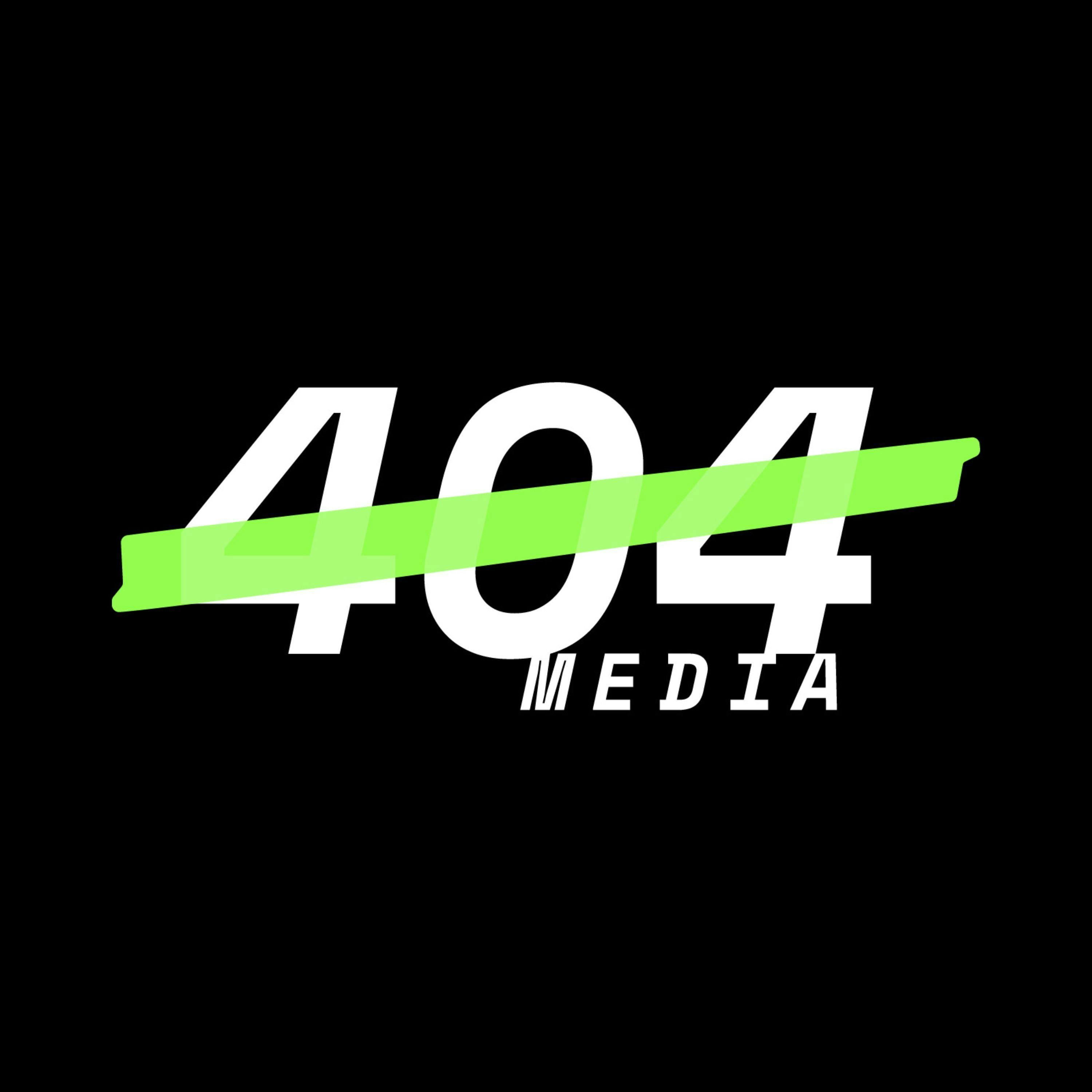AI Is Breaking Our Brains
This week we discuss a new Microsoft study that finds using generative AI is "atrophying" people's cognition and critical thinking skills and the right's war on Wikipedia.
Articles discussed:
Microsoft Study Finds AI Makes Human Cognition “Atrophied and Unprepared”
Wikipedia Prepares for 'Increase in Threats' to US Editors From Musk and His Allies
You Can’t Post Your Way Out of Fascism
Learn more about your ad choices. Visit megaphone.fm/adchoices
Articles discussed:
Microsoft Study Finds AI Makes Human Cognition “Atrophied and Unprepared”
Wikipedia Prepares for 'Increase in Threats' to US Editors From Musk and His Allies
You Can’t Post Your Way Out of Fascism
Learn more about your ad choices. Visit megaphone.fm/adchoices
Press play and read along
Transcript
Transcript is processing—check back soon.
The 404 Media Podcast — AI Is Breaking Our Brains
